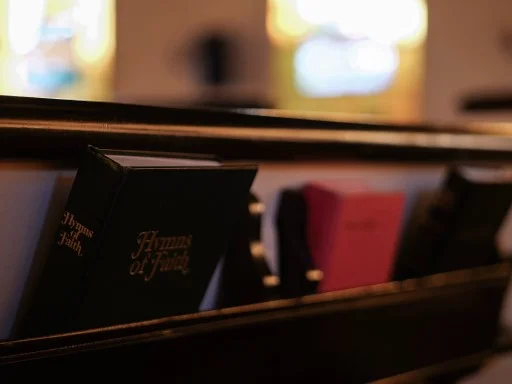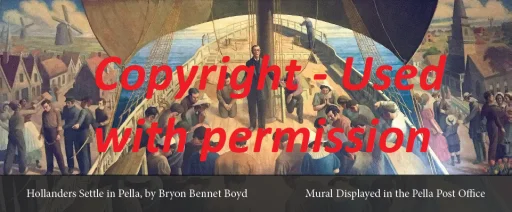Me: Let’s talk a little bit more about booth ministry. What makes it different and what are the key advantages as opposed to other approaches?
Tony: I really like the gospel booth ministry for a number of reasons. It’s interesting Jon, because you know that the NEA was a gospel booth. It was a booth at a conference and I’ve been doing that for five years. What was interesting is that the thought never occurred to me that I could do this at home. I’m always traveling around the nation, doing gospel booths for AIG at the NEA. I remember, Dr. Cherian John who sponsors that booth every year, we spent some time with him, he’s a cardiologist in Pennsylvania. We spent a weekend with him on one of our travels and he had a flea market gospel booth. It just hit me, why didn’t I think of that? This is 15 years ago. I thought, “This is perfect. We could totally do this.”
One of the advantages is, when you’re on the street (I’m not saying street ministry is bad, not at all) it’s more challenging to really strike up a conversation. It’s harder because you’re going up to people and you’re interrupting them in whatever they’re doing. It’s not a horrible interruption, it’s not totally rude, or it doesn’t have to be but it is a little bit out of the ordinary. People can be a little bit standoffish. Whereas, when you have a booth, in a venue like a festival, conference, flea market, or a fair those things are normal, they are expected. You are one of many booths. When people go into a building like at the Iowa State Fair, or you go outside and see 10 booths lined up in a county fair, they know what they’re getting into when they walk by. If they didn’t want to be stopped or talked to, they wouldn’t walk down that row. It’s expected, so it’s a little easier on that front. Not only that, but you could just be standing or sitting behind a table and people will come up to you because you’ve got a table full of goods. We usually have free Bibles, free DVDs, gospel tracts, magazines, and books; all kinds of free stuff. I always give stuff away, I never charge. I think that idea came out of the NEA where we never charged but gave away resources. Why would I want to charge for stuff? If I’m in a church building maybe towards churchgoers but not for the lost. We want to pay money so that we can get the gospel to them.
Another advantage is that it’s a lot easier for Christians who are new to evangelism to get started with a gospel booth because the non-Christians will come up to you at your table. They look around at the trinkets, the bracelets, the pencils and whatever and they’ll ask, “What is this, what do you do?” I respond, “We’re just a bunch of Christians here, or with such and such local church, and we’re here sharing the gospel.” I then transition to, “Do you have a Christian background?” and begin to get into a conversation like that. I think ease of entry is really a benefit to the gospel booth ministry.
Also, because we have a booth and you have tables, the kind of resources that you can give out to people is much heftier and more diverse. You’re not going to really carry around a whole stack of books and DVDs and gospel tracts and magazines. Having the table ministry gives people something that they recognize as valuable.
We want to give them something that’s of value to draw them in. We want to let them know that we’re giving things away. A lot of times in the culture they see Christians on TV begging for money all the time, and so here we give freely. Freely we have been given, freely we give.
With a booth you normally have a big sign that says, The Ultimate Question, or Christ is the Answer or something like that. They immediately know that you’re some sort of religious people. If they’re non-Christian, they will know these people have something about God or Bible over there. And guess what, if they don’t want to talk about God or the Bible, they won’t stop by. But the ones, whom the Holy Spirit is drawing, see that banner about Jesus and they do come. It’s kind of like a sifter, it sifts out a lot of the folks that wouldn’t be fruitful if you tried to strike up a conversation out of the blue. It brings in people that are already interested in things spiritual.
Part 1: Profile
Part 3: Apologetics
Part 4: Using Doctrines
Part 5: Handling Conversations
Part 6: Resources
 Hymns Can Be So Controversial
Hymns Can Be So Controversial
 Evangelism Interview with Eddie Roman: Defining Success in Evangelism
Evangelism Interview with Eddie Roman: Defining Success in Evangelism
 Tulip: The Beauty of God’s Grace
Tulip: The Beauty of God’s Grace
 Persecution Bill
Persecution Bill